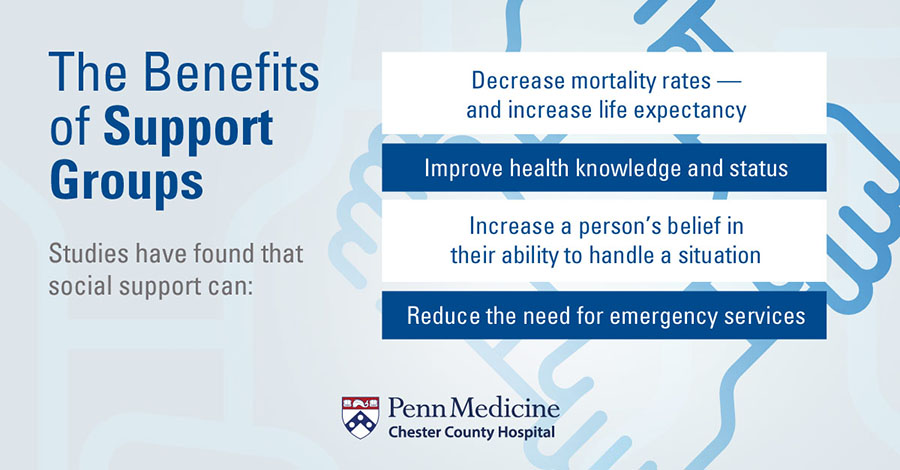As people age, they often become more isolated. Their friends may move away or pass away, and they may stop working or participating in activities outside the home. This isolation can lead to feelings of loneliness and despair, which can in turn lead to physical and mental health problems. Fortunately, social support can help seniors to overcome these challenges. Here are some benefits of social support for seniors:
Social support can help seniors to stay physically active
According to a recent study, seniors who have a strong social support network are more likely to stay physically active as they age. The study found that seniors who had regular contact with family and friends were more likely to walk for exercise, even when they were facing health problems or mobility issues. In contrast, seniors who felt isolated and alone were more likely to become sedentary and less active. The study’s authors suggest that social support can play an important role in encouraging seniors to stay physically active, even when they are dealing with age-related challenges.
There are a number of ways that families and friends can provide social support for seniors. For example, loved ones can offer transportation to doctor’s appointments or to the grocery store. They can also help with household chores or yard work. Simply spending time together can make a big difference in keeping seniors socially engaged and active. As the population ages, it’s important to find ways to encourage older adults to stay physically active. The findings of this study suggest that social support may be one key to maintaining an active lifestyle later in life.
Social support can help seniors to stay mentally sharp
As we age, it’s normal for our brains to slow down a bit. We may have trouble remembering names or where we put our keys, and we may find that it takes longer to learn new things. However, there are things that we can do to help keep our minds sharp. One of these is social support. Studies have shown that seniors who have strong social support networks are more likely to maintain their mental faculties than those who do not. This is believed to be due to the fact that social interactions stimulate the mind and help keep it active.
Social support can help seniors to maintain a positive outlook on life
Seniors who have close friends and family members to rely on are more likely to experience positive emotions and stay active and engaged in life. In contrast, seniors who feel isolated and alone are at greater risk for depression, anxiety, and other mental health problems. Social support can take many forms, from regular visits from friends and family members to involvement in community groups or social activities. Regardless of the specific form it takes, social support provides seniors with a valuable source of emotional and practical assistance. And for many seniors, social support is essential for maintaining a positive outlook on life.
Social support can help seniors to keep their sense of purpose
As people age, they often find themselves becoming increasingly isolated. Whether it’s due to the death of friends and loved ones, retirement from a long-time job, or simply a decrease in mobility, seniors often have fewer opportunities to interact with others on a regular basis. This can lead to feelings of loneliness and despair, which can in turn lead to mental and physical health problems. However, research has shown that social support can help seniors combat these effects. By staying connected to others, seniors can maintain a sense of purpose and belonging, which can boost their overall well-being. Whether it’s through joining a club or volunteering, seniors who make an effort to interact with others on a regular basis are likely to enjoy better health and happiness in their golden years.
Social support can help seniors to cope with stress and anxiety
As people age, they often face new challenges that can lead to stress and anxiety. For example, seniors may deal with chronic health problems, the death of friends and loved ones, and limited mobility. However, research has shown that social support can play a vital role in helping seniors to cope with these challenges. Seniors who have strong social networks are more likely to experience positive emotions and less likely to experience negative emotions like loneliness and depression.
Social support can help seniors to manage chronic health conditions
As people age, they are more likely to develop chronic health conditions, such as diabetes, heart disease, and arthritis. These conditions can be difficult to manage on one’s own, and seniors may find themselves feeling isolated and alone. However, social support can be a powerful tool in managing chronic health conditions. Studies have shown that seniors who have a strong social network are more likely to adhere to their treatment plan, have better overall health outcomes, and experience less depression and anxiety. Whether it comes from family, friends, or a supportive community, social support can play an important role in helping seniors to manage chronic health conditions.
Social support can help seniors to stay connected to the community
For many seniors, retirement can be a time of isolation and loneliness. As friends and family members move away or pass away, it can become difficult to maintain social connections. This is why retirement communities in Kaysville exist–to provide seniors with a supportive community where they can make new friends and enjoy a fulfilling retirement. A retirement community in Kaysville offers a wide variety of amenities and activities, including fitness classes, book clubs, and group outings. There are also plenty of opportunities to volunteer and give back to the community. As a result, it provides seniors with the social support they need to stay connected to the world around them.

